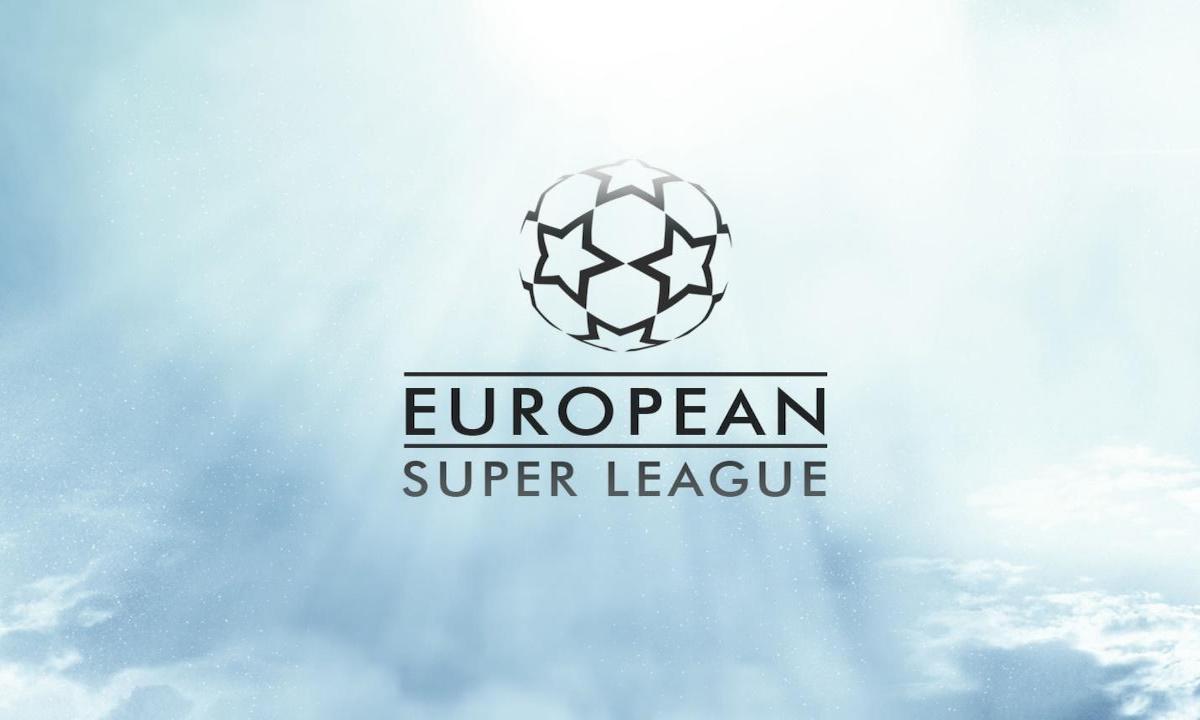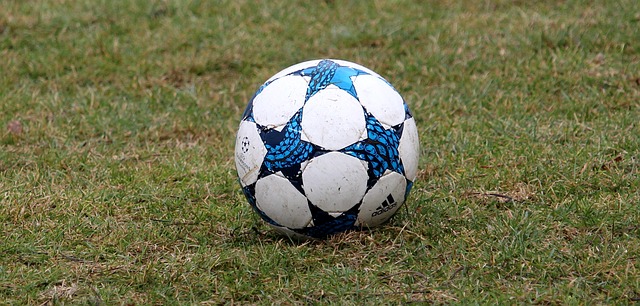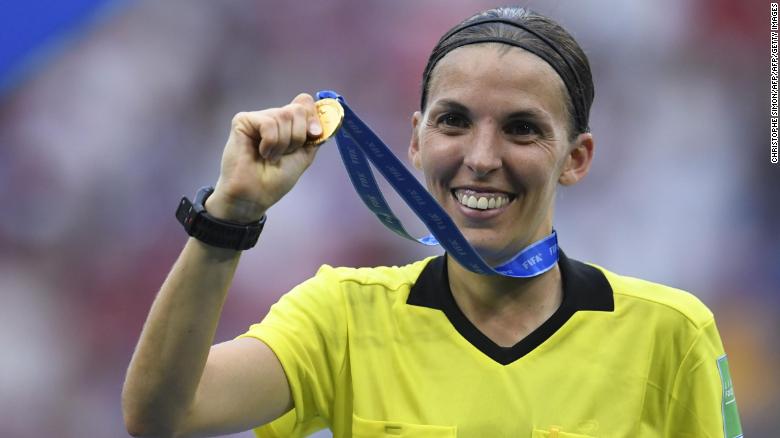By Taari Chandaria, Year 12
In the early hours of May 7th 2022, it was agreed that Todd Boehly, American investor and co-owner of the LA Dodgers, along with a consortium would purchase Roman Abramovich’s frozen asset: Chelsea Football Club. Gone was the mysterious Russian oligarch, ruthless in his firing of managers yet incredibly successful in turning Chelsea into a great european superclub. For many Chelsea fans, this was a time of relief, with the bizarre era of club stores being closed and fans not being allowed to attend matches(due to government sanctions on Abramovich as a result of the war in Ukraine) being over. However, it was also a time of uncertainty, fearing a change in the ways of Abramovich which worked so well for Chelsea.
The arrival of the new ownership saw many drastic changes in the club’s leadership. The club’s long standing and well praised sporting director Marina Granovskaia left her position, as did club legend and technical director Petr Cech. Todd Boehly instead assumed the role of interim sporting director, and embarked on one of Chelsea’s boldest transfer windows in recent years, singing stars Raheem Sterling, Kalidou Koulibaly, and Pierre-Emerick Aubameyang as well as promising talents Wesley Fofana, Carney Chukwuemeka, Gabriel Slonina, Marc Cucurella and Denis Zakaria. The transfer window was a statement from the new ownership, casting away fears they purchased the club simply for profit like the Glazers of Manchester United. It was also an indication of the ownership’s vision for the club, aiming for a long term path to success through an emphasis on youth development, and importantly a recruitment-involved manager.

In the morning after the embarrassing Champions League 1-0 defeat to Dinamo Zagreb, manager Thomas Tuchel was fired. Though many thought this was due to performance, with Chelsea suffering a string of poor results since the start of the season and generally not playing very attractive football, the decision came down more to differing visions for the future of the club. The new ownership wanted a coach which could assemble a team he wanted, relying on data to build a winning squad over many years, in contrast to Abramovich’s carousel of managers, each left to sort out a squad of pre-established stars. Thomas Tuchel however had no interest in any of the recruitment aspects, and simply wanted to focus on the tactical aspect of his role. Furthermore, many of his comments did not sit well with the board, claiming that “we have the same issues because we have the same players” despite not wanting to be involved in the transfer window. The decision was controversial to say the least, with many Chelsea fans believing it to be the wrong one. It was a clear statement of intent from the ownership.

Todd Boehly and co found Tuchel’s replacement in Graham Potter, the manager who had brought a fourth division Swedish team to the top flight and the Europa League, and had been key in Brighton’s rise to the Premier League, being involved in both creating an attractive style of football and recruiting great talent. Graham Potter is certainly an oddity compared to Chelsea’s past coaches. While Abramovich traditionally hired proven winners such as Carlo Ancelotti and José Mourinho, Potter’s managerial accomplishments came with bringing up and rebuilding smaller teams rather than winning with currently established ones. The appointment was certainly a risk, especially given the long term contract given to the coach. Along with Potter, many of the recruitment staff from Brighton, responsible for finding great talents such as Leandro Trossard and Alexis Macallister, followed suit. Chelsea also finally brought on board a proper sporting director, bringing RB Leipzig’s Christopher Vivell. The path was set for a long-term rebuild, aiming to impose and keep Chelsea at the top of European football.

The new ownership’s vision for the club is clear. Similarly to Todd Boehly’s LA Dodgers, the plan for Chelsea is to build towards future and long term success, creating strong foundations through the reliance on a single coach throughout the process. The new ownership also has plans to set up a network of clubs, similar to the Red Bull group of RB Leipzig and Salzburg, to help with their youth scouting network. There is a greater reliance on data(especially for the transfer market), performance analysis, and innovation in the club’s practices. Boehly and co also plan to renovate the anachronistic Stamford Bridge, from simply a football stadium to a cultural hub, akin to sports arenas in the US. The owners are also seeking to raise support from the relatively untapped US, through pre-season tours and increased marketing. The ultimate goal is one of success and stability: Boehly wants to create a consistently competitive team, all while collecting revenues from ticket sales and merchandise, creating both a winning and profitable club.
Chelsea’s spending habits in this transfer window show a continued interest in this vision, signing young stars such as Christopher Nkunku and Mykhailo Mudryk for big fees and on long contracts. Though current results may be poor, this must not be solely attributed to the managers and players. It cannot be forgotten that key players such as Reece James, Ben Chilwell and N’Golo Kanté have been out injured, and that the club is in the midst of a long-term rebuild, being left with many poor signings and unmotivated players from the old regime. Ultimately, Boehly’s vision for the club is incredibly promising and exciting. His success with the LA Dodgers, ending their 32 year wait for a World Series in 2020, is an indication that he should be trusted. Time will tell whether his plan comes to fruition, but, regardless, it is an exciting time to be a Chelsea fan.



